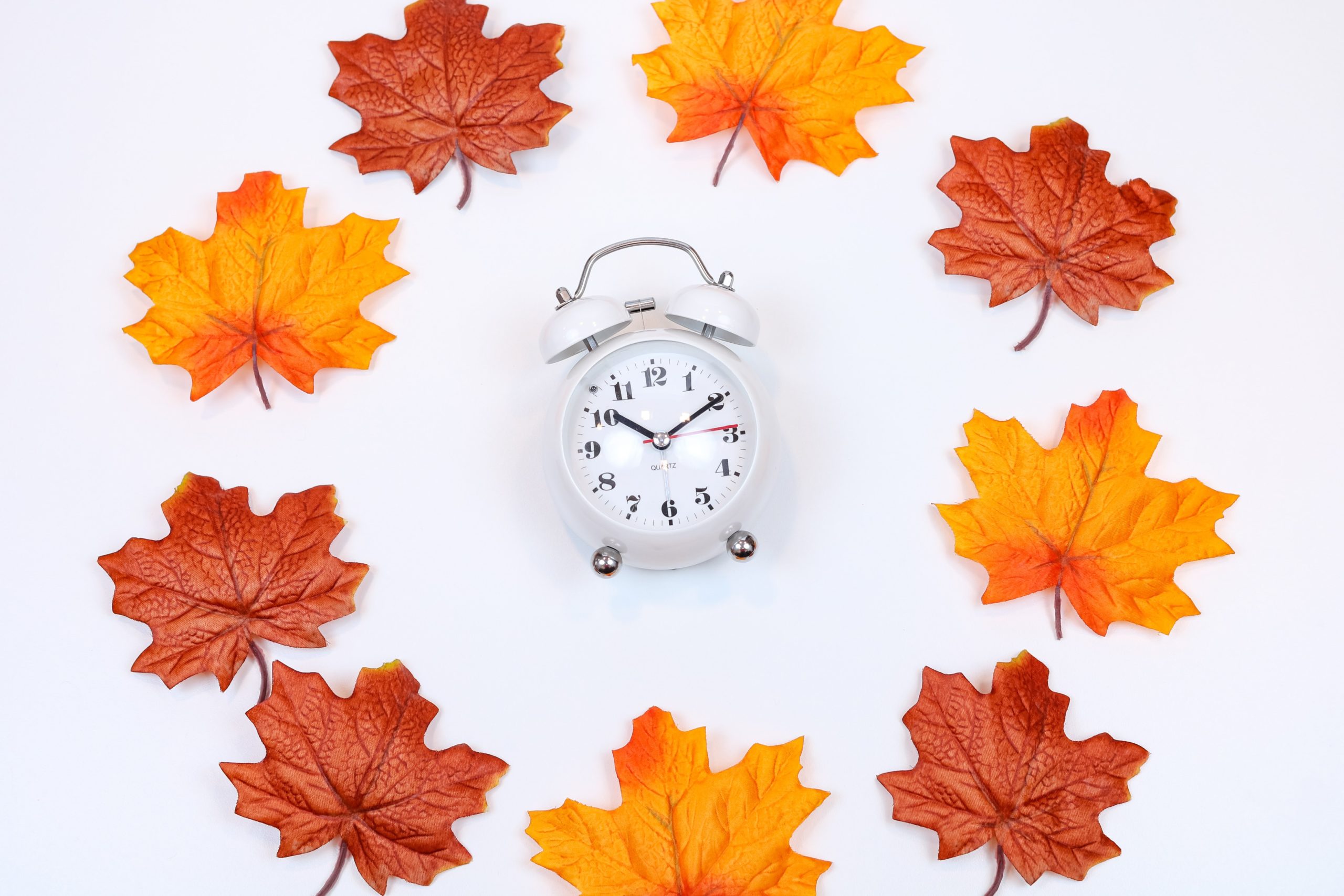Every year in the spring and fall, we go through the phenomenon of Daylight Savings time. Despite the time change only being a one-hour difference, either forwards or backward, these clock resets can make a surprising impact on your mental health. Most of all, the hour lost (or gained) can mess with your sleep schedule, which has a ripple effect on the rest of your life!
One of the best ways to avoid this disruption of your sleep patterns is to prepare yourself in the week leading up to the time change. If you can start to make your adjustments before the clock “falls back” or “springs forward,” then when the actual change comes, it won’t be nearly as drastic of a difference!
Here are a few ways you can get yourself ready for the time change:
- Go To Bed A Little Earlier – In the weeks before the time change, try going to sleep 15 to 30 minutes earlier (or later) than average. This can help you slowly move your bedtime to adjust to the different sleep schedules.
- Avoid Those “Catch Up” Naps – It will be tempting to take a nap after the time change, particularly if you’re already off your sleep schedule. However, taking a nap can throw your schedule off even more, making it harder to readjust to a healthy pattern. If you do take a nap, aim to nap for the recommended 30 minutes or less.
- Start the change Off On The Right Footing – One the very first morning after the time change, if you can force yourself to get up at your normally scheduled wake-up time, it can help trick your brain into adjusting to your new schedule faster! If you usually wake up at 7 AM, make sure that it stays the same after the time changes!
What do you think of daylight savings? Is the spring ahead or fall back worse for you?


